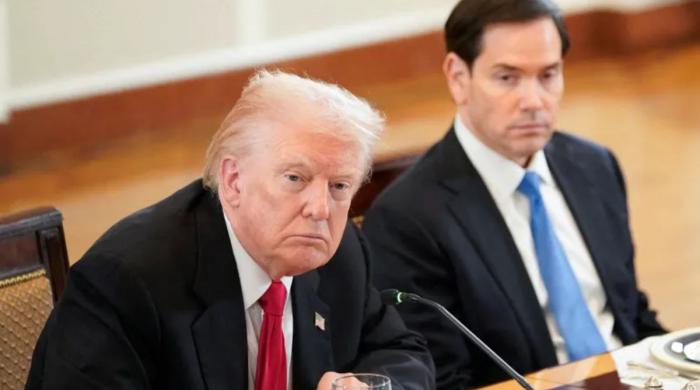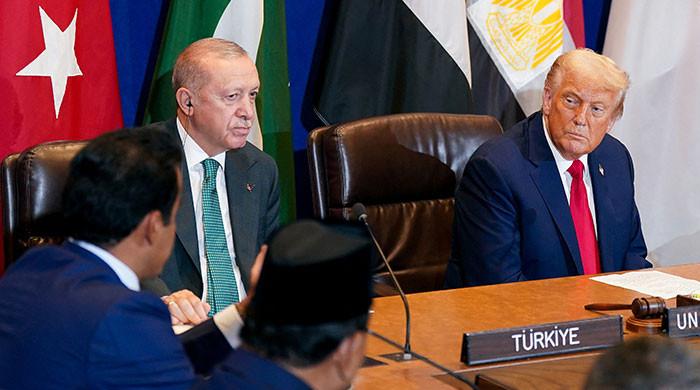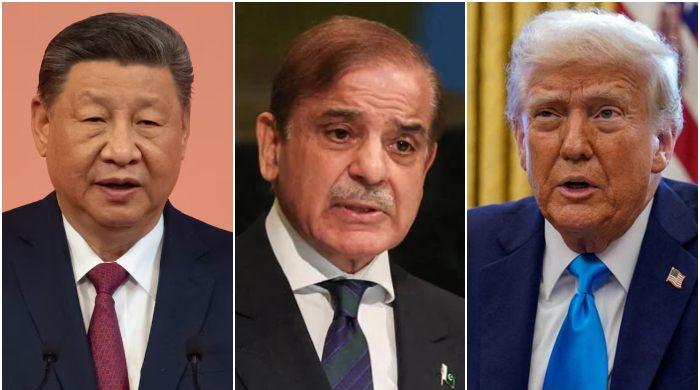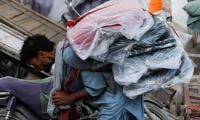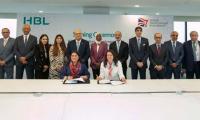When Female Microentrepreneurs Win
Pakistan severely lacks forums that promote social, political, and economic equality of the sexes- feminism in a gist- and environments with accessible legal protections that enable and mentor women to enter into the work force, to gain financial independence, and have access to education and vocational training.
Economies’ most vulnerable tend to be traditionally-disempowered women who also struggle with poverty, illiteracy, and lack of opportunities for personal and professional growth.
This is a fact that millions of Pakistani women at all ends of the country face every day. Pakistan is one of the world’s most populous countries. It has made numerous commitments on international forums, such as instituting a ‘National Policy for Development and Empowerment of Women.’ Locally, it has instituted law amendments accounting for honor killing and rape. But despite these measures, the country’s gender equality ranking remains among the lowest in the world.
Gender equality has become a key point of discussion- and contention- in the last few years since feminist movements have gained traction.
Pakistan severely lacks forums that promote social, political, and economic equality of the sexes- feminism in a gist- and environments with accessible legal protections that enable and mentor women to enter into the work force, to gain financial independence, and have access to education and vocational training.
Scarcity or the threat of poverty tends to thrust women into informal enterprises which often include unpaid work; meanwhile others from more stable financial or educational backgrounds will battle pay gaps and on-job sexism. Others must make do with what they can.
One such story is of Asia Nargis, resident of District Chakwal in Punjab. Married off early and a widow five years into her marriage, Nargis found herself in a very difficult position upon becoming a widow.
At that time, she taught at a private school, but soon found herself unable to feed her children and fulfil their daily needs.
In a society where societal norms dissuade women from assuming agency and taking charge of their lives, Nargis took a bold decision to quit teaching and instead set up her own enterprise- a school to sustain the family.
Nargis’s story first came to light when she won an award in the category, ‘Overcoming Adversity’ at this year’s Citi-PPAF Microentrepreneurship Awards in Islamabad.
This year’s Citi Microentrepreneurship Awards were aligned with the UN Sustainable Development Goals agenda, the winning businesses and responsible finance providers all contribute to economic growth and the social and environmental vibrancy of their communities.
Nargis had acquired a small loan from Micro Options Support Program to open a school in her area and invested all her energy towards making it a sustainable venture.
The loan enabled her to purchase furniture and fixtures and create a comfortable learning environment for the students.
Her school expanded as more students enrolled, as she employed teachers from the local community, and as she secured more loans to invest in it.
Nargis has employed five teachers who under her guidance are delivering quality education to more than 80 boys and girls enrolled in her elementary school.
Her school is bringing her a reasonable profit and is providing her family with a secure, succesful future. Now Nargis plans on opening new branches of the school in different areas of Chakwal.
The fight for a safe and secure future for her kids was a long and difficult battle; there was also the need to prove to everybody that her business would be successful and generate employment in her community- a community not used to a strong, vocal female entrepreneur.
Her fight to provide for her children also provided other children in the area with quality education, showing an instance of the multiplier effect providing benefit to dozen others.
Asia Nargis’s story particularly reflects on the United Nations’ Sustainable Development Goal 5 (SDG 5), one among a set of 17 global goals set for 2030. It addresses how gender inequality holds women back in public spheres, but indicates how empowering them by creating opportunities that target discrimination can create successful female business leaders like Asia Nargis.
SDG 5 aims at fighting gender inequality and developing frameworks for women and girls so they can assume self-sufficiency and support their local communities. According to the UNDP, women comprise over half of Pakistan’s population, but only 22.7 percent are part of the labour force. Few legal protections are in place to support these women, such as Asia Nargis, in the work force or encourage others to enter it. Female involvement in a country’s workforce, studies have shown, have a multiplier effect that rapidly fuels economic growth and development. So when female entrepreneurs win, it is the country that wins.
-
Dalai Lama angers China with reincarnation claim as he marks 90th birthday
-
Pakistan's mismanagement: A call for prioritisation of public welfare
-
Unleashing chaos or change? The compendium of today's youth
-
UK's BII, local bank announce $75m finance facility for farmers
-
Teachers recruitment phase in Sindh extended till June 30
-
Karachi Grammar School wins Reflections School Tournament
-
Reflections School Championship: KGS thumps St Lawrence to reach final
-
Journey through chaos: Mazhar Abbas’ chronicle on Pakistani politics and society
